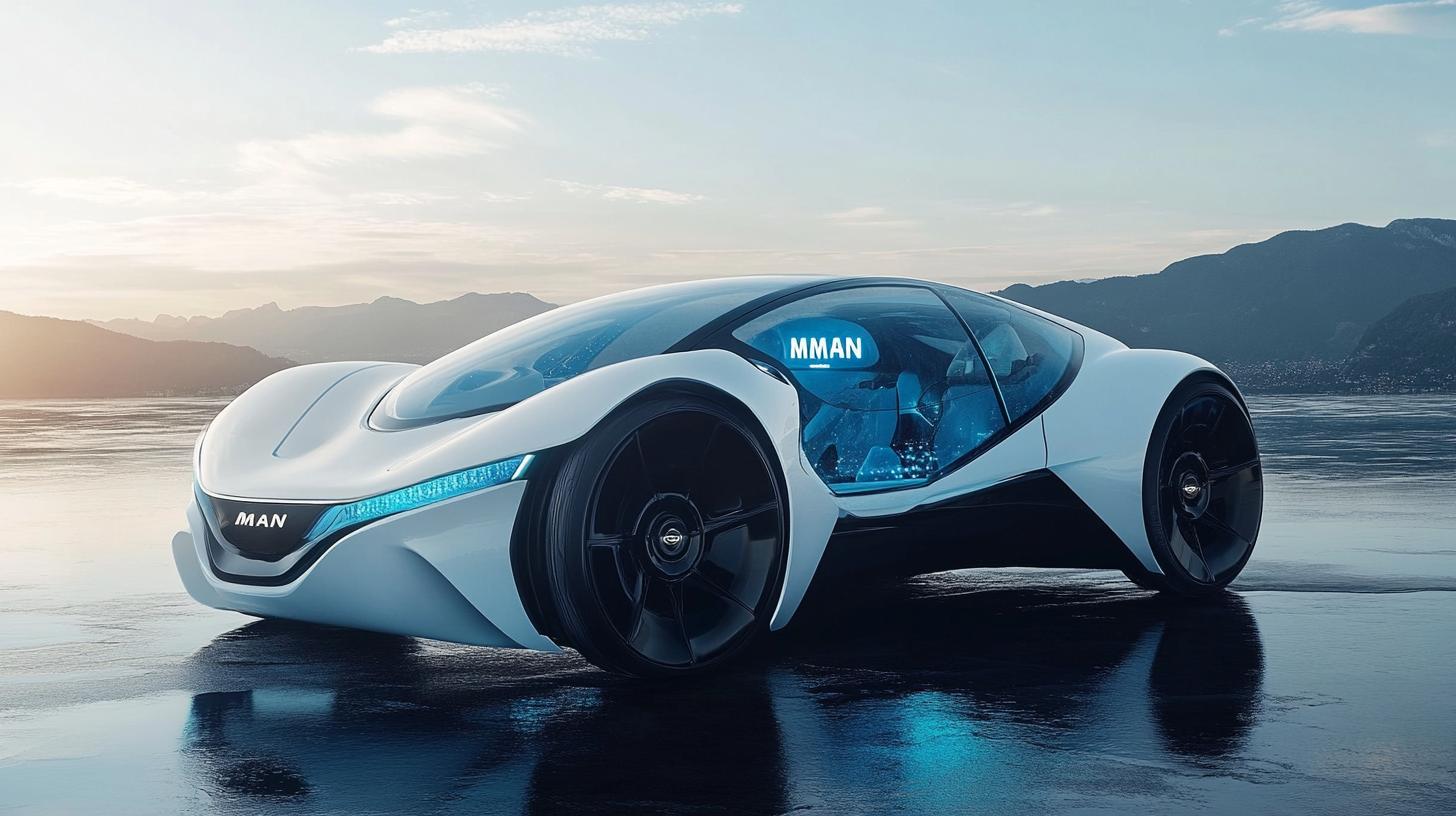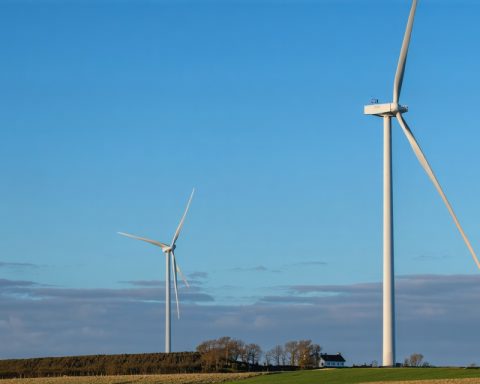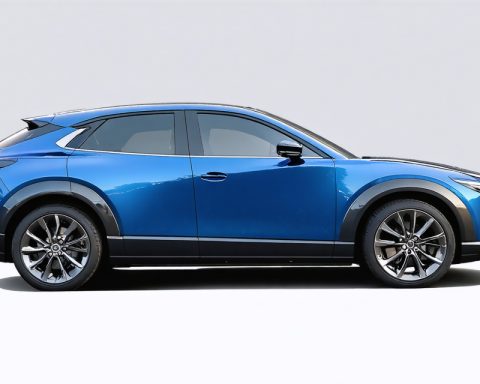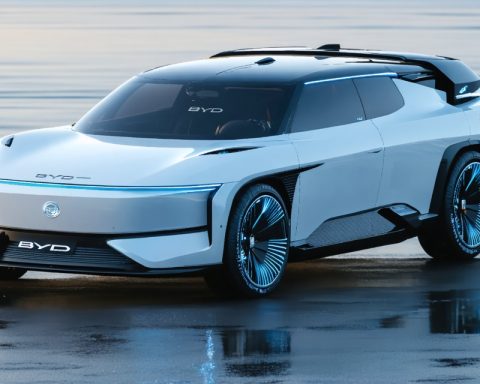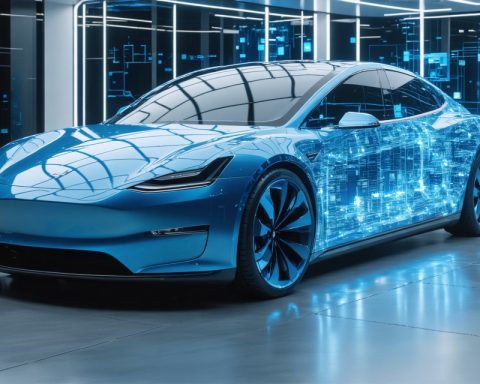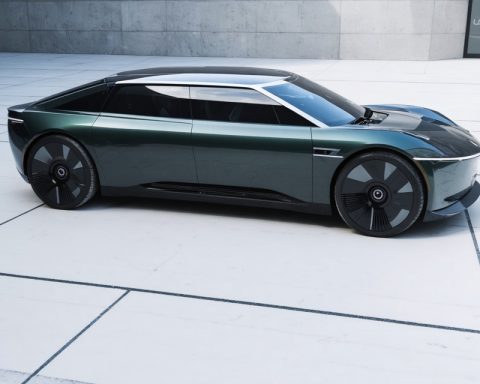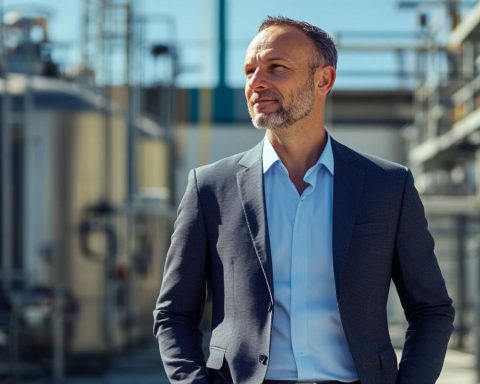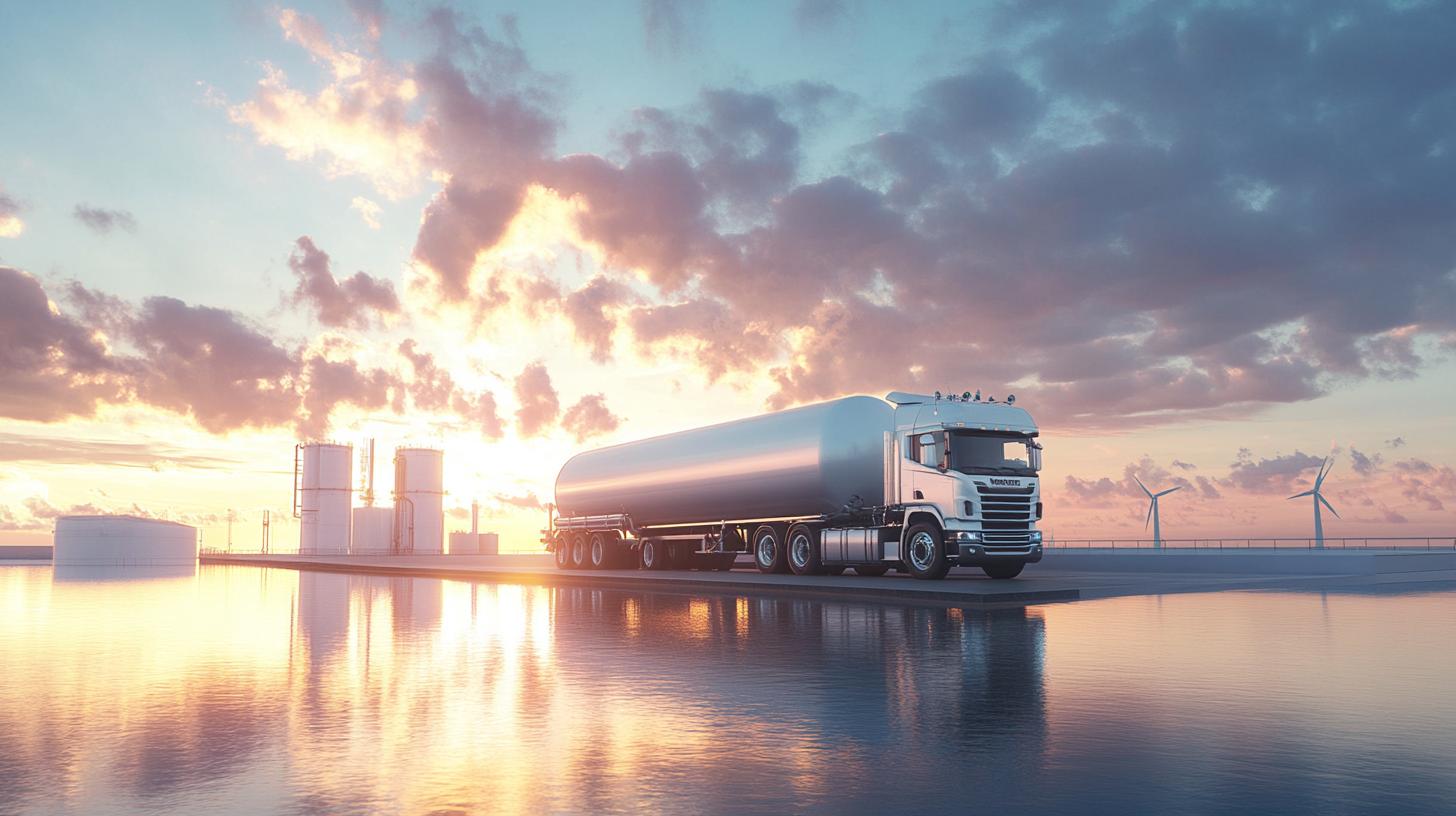In a striking industry pivot, the renowned vehicle manufacturer MAN is now delving into hydrogen technology—an area once dismissed by the company. Embarking on a fresh journey, MAN plans to produce 200 hydrogen-powered trucks aimed at tackling heavy-duty transport tasks like moving wind turbines and timber across a few selected countries.
For years, MAN adhered steadfastly to battery-electric vehicles, prioritizing them as the ultimate zero-emission solution. Despite this commitment, the company is acknowledging the rise of hydrogen as an alternative, marking a potential shift in their long-standing priorities. This bold step hints at a newfound openness towards diversifying fuel resources in the quest for sustainable transport.
Initially, MAN’s scepticism about hydrogen stemmed from several perceived drawbacks, including inefficiency, high production costs, and inadequate refueling infrastructure worldwide. These challenges contributed to a firm stance against hydrogen, rendering it less feasible for practical application in MAN’s zero-emission lineup.
However, this perspective has seen a noteworthy evolution. A senior executive from MAN highlighted that while battery-electric solutions remain the primary focus, hydrogen-powered engines serve as a viable complement for certain heavy-duty applications. This change of heart signifies MAN’s willingness to embrace varied technologies to reduce the environmental impact of transportation.
Looking ahead, MAN’s experimental production of hydrogen-fueled trucks could foreshadow broader industry shifts. As hydrogen generation becomes more cost-effective and infrastructure expands, it’s plausible that hydrogen may play a significant role alongside electric vehicles. MAN’s latest venture demonstrates their adaptability and positions them as a dynamic entity in the rapidly evolving landscape of sustainable transport solutions.
Hydrogen Truck Revolution: What MAN’s Move Means for the Future of Transportation
The automotive industry is witnessing a potential game-changer as MAN, a leading vehicle manufacturer, explores hydrogen technology for its trucks. While initially hesitant, MAN’s production of 200 hydrogen-powered trucks indicates a pivotal shift not only for the company but also for the broader transportation sector.
Why Is MAN’s Shift to Hydrogen Significant?
For years, MAN focused on battery-electric vehicles (BEVs) as the forefront of sustainable transport. Their foray into hydrogen challenges their previous stance and reflects a larger trend where manufacturers seek diverse solutions for reducing emissions. Hydrogen power presents a unique opportunity for heavy-duty applications where BEVs face limitations due to battery weight and charging times.
This shift brings several implications:
1. Increased Industry Competition: MAN’s move into hydrogen could stimulate competition among automakers, accelerating innovations in sustainable technologies. As more companies invest in hydrogen, the cost of production might decrease, making it a more viable option.
2. Jobs and Economic Opportunities: The development of hydrogen infrastructure and technology could create new job opportunities across sectors. As countries invest in hydrogen refueling stations and production facilities, local economies may see significant growth.
What Does This Mean for Communities and Countries?
Communities near manufacturing hubs and proposed hydrogen infrastructure stand to benefit from increased employment and economic activity. Moreover, countries promoting hydrogen solutions can advance their sustainability goals and reduce reliance on fossil fuels.
Coverage on nations like Germany, actively investing in hydrogen, reveals a promising outlook for the industry’s role in ecological transitions.
Challenges on the Horizon: Is Hydrogen Too Good to Be True?
Despite the optimism, several challenges remain:
– Infrastructure Development: The current lack of hydrogen refueling stations is a significant barrier. Countries need extensive investments in infrastructure to make hydrogen a practical solution across regions.
– Public Perception: Hydrogen’s past as an underdog means gaining public trust is crucial. Questions about safety, efficiency, and environmental benefits must be addressed to convince consumers and businesses.
Hydrogen vs. Electric: The Big Debate
As MAN diversifies into hydrogen, it reopens the debate: What is the future of green transportation? While BEVs have dominated the market, hydrogen offers compelling advantages, especially in sectors where BEVs lag behind.
Could hydrogen inevitably outpace electric transportation? This remains to be seen, yet MAN’s initiative may catalyze a broader transition towards mixed-technology strategies.
For more insights into this evolving industry, you can explore the discussions and technological advancements at Car and Driver and Auto News.
In conclusion, MAN’s decision to embrace hydrogen technology highlights an industry in transition. As manufacturers strive for eco-friendly advancements, communities and countries might witness profound impacts on their economies, environments, and technological landscapes.
